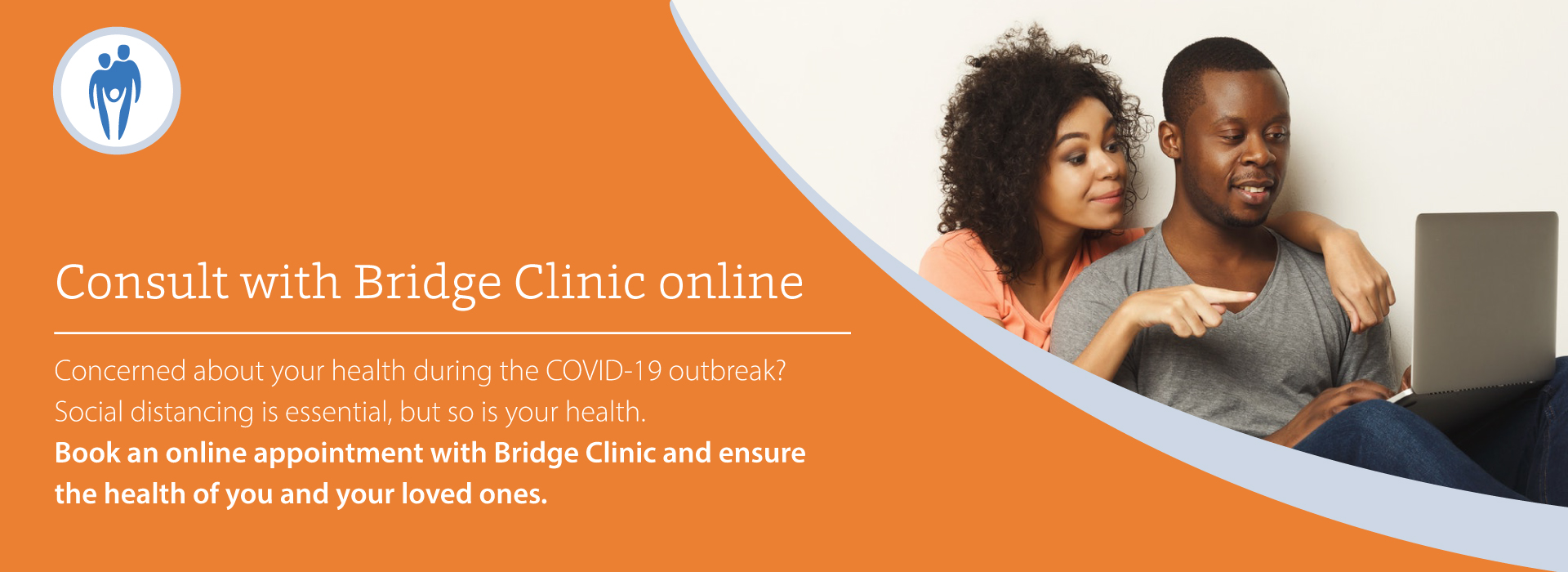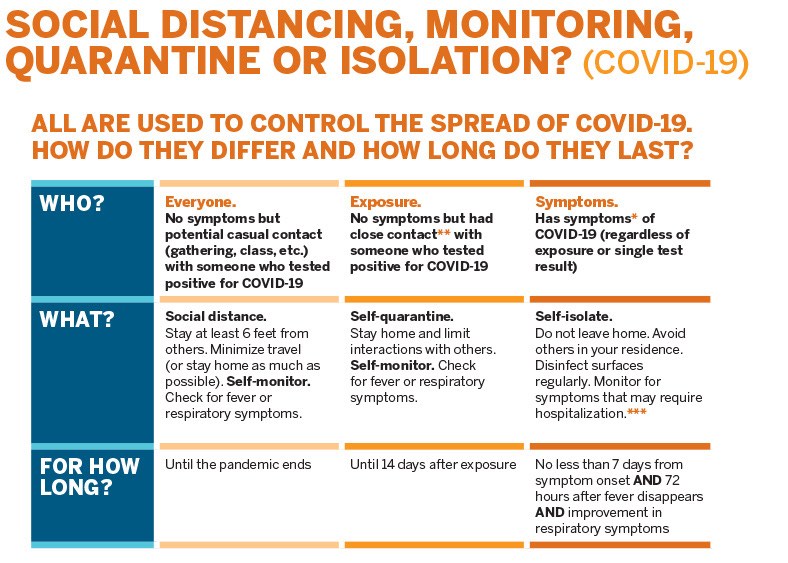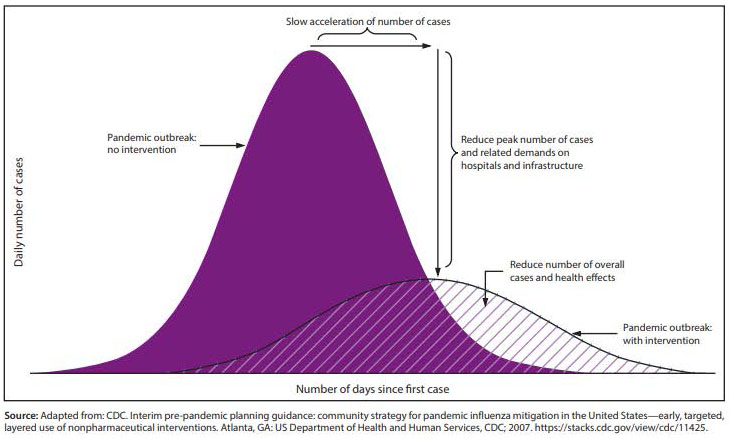
21:21 29th March 2020 | COVID-19
COVID-19 Coronavirus Reduce the spread stay safe be protected Social Distancing Quarantine Self-Isolation flattening the curve
What is social distancing?
While it may be disappointing to hear that so many sports events, cruises, festivals and other gatherings are being cancelled, there is a public health reason for these measures. These cancellations help stop or slow down the spread of disease allowing the health care system to more readily care for patients over time.
Cancelling events that are likely to draw crowds is an example of social distancing. Social distancing is deliberately increasing the physical space between people to avoid spreading illness. Staying at least six feet away from other people lessens your chances of catching COVID-19.
Other examples of social distancing that allow you to avoid larger crowds or crowded spaces are:
What is self-quarantine?
People who have been exposed to the new coronavirus and who are at risk for coming down with COVID-19 might practice self-quarantine. Health experts recommend that self-quarantine lasts 14 days. Two weeks provides enough time for them to know whether or not they will become ill and be contagious to other people.
You might be asked to practice self-quarantine if you have recently returned from travelling to a part of the country or the world where COVID-19 is spreading rapidly, or if you have knowingly been exposed to an infected person.
Self-quarantine involves:
What is isolation?
For people who are confirmed to have COVID-19, isolation is appropriate. Isolation is a health care term that means keeping people who are infected with a contagious illness away from those who are not infected. Isolation can take place at home or at a hospital or care facility. Special personal protective equipment will be used to care for these patients in health care settings.

What is “flattening the curve?”
Flattening the curve refers to using protective practices to slow the rate of COVID-19 infection so hospitals have room, supplies and doctors for all of the patients who need care.
A large number of people becoming very sick over the course of a few days could overwhelm a hospital or care facility. Too many people becoming severely ill with COVID-19 at roughly the same time could result in a shortage of hospital beds, equipment or doctors.
On the other hand, if that same large number of patients arrived at the hospital at a slower rate, for example, over the course of several weeks, the line of the graph would look like a longer, flatter curve.
In this situation, fewer patients would arrive at the hospital each day. There would be a better chance of the hospital being able to keep up with adequate supplies, beds and health care providers to care for them.

With the global number of COVID-19 cases still rising, many governments have issued quarantine orders and travel bans.
Entry and Exit Requirements for Nigeria:
Quarantine Information
NCDC’s Public Health Advisory states the following for traveller’s to Nigeria:
Referral and transfer arrangements with local hospitals may be initiated if passengers are ill.
The key takeaway from all of this? Social distancing is a powerful disease control tool, but only if we all participate in our little way.
Sources:
To keep you safe, we are taking consultations on Skype,
Whatsapp and Telephone from across the country and diaspora!
Are you and your partner booked to see a doctor, but
you would prefer to make it a video call?
We are here for you.
Email: enquiries@thebridgeclinic.com
Call: 01 631 0092 / +234 (0)1 631 0092
Whatsapp: +234 810 460 7791
Click here to Book an online appointment today
Search by condition, treatment or keyword and conveniently browse our informative articles
Book an appointment online or search for a clinic close to you.
Book an Appointment